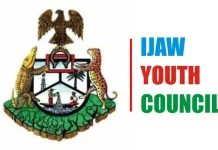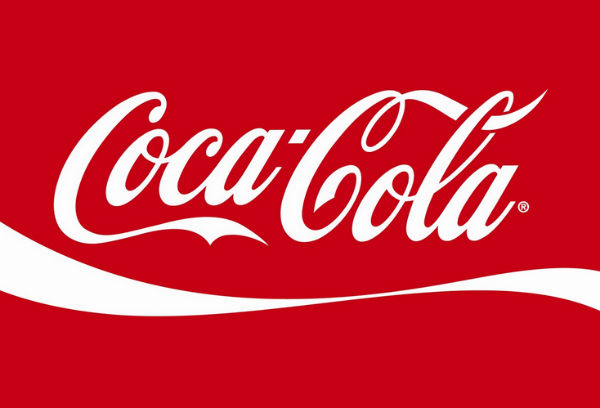The Minister told Reuters in Abuja that the mood inside the oil cartel is shifting from mistrust to a growing consensus that a decision must be reached on how to end the global oil price fall.
Oil prices have dropped by more than 70 per cent to below $30 a barrel, as OPEC, led by top producer Saudi Arabia, seek to drive higher-cost producers out of the market by refusing to cut production despite a supply glut.
Kachikwu told Reuters: “There’s increased conversation going on. I think when we met in December … they (OPEC members) were hardly talking to one another. Everyone was protecting their own positional logic.
“Now I think you have cross-logic … they are looking at what are the deficiencies, what is the optimum,” he said.
Struggling oil producers have made repeated calls for an emergency OPEC meeting; however, he expressed doubt whether a consensus would have been reached if the meeting had held.
“We haven’t been sure that if we held those (emergency) meetings that we could actually walk away with some consensus,” he said.
“A lot of barrels are tumbling out of the market from non-OPEC members, so the Saudi philosophy is obviously working. But it’s not influencing the price higher, which means that whether we like it or not, some barrels are coming in from members and non-members to cover whatever is dropping out.”
Kachikwu further told Reuters that he would meet his Qatari and Saudi counterparts next week to discuss the situation.












